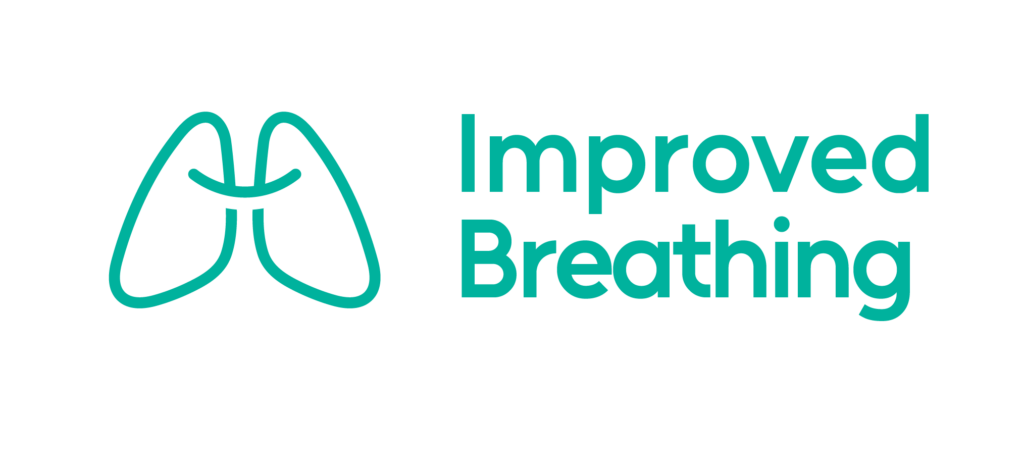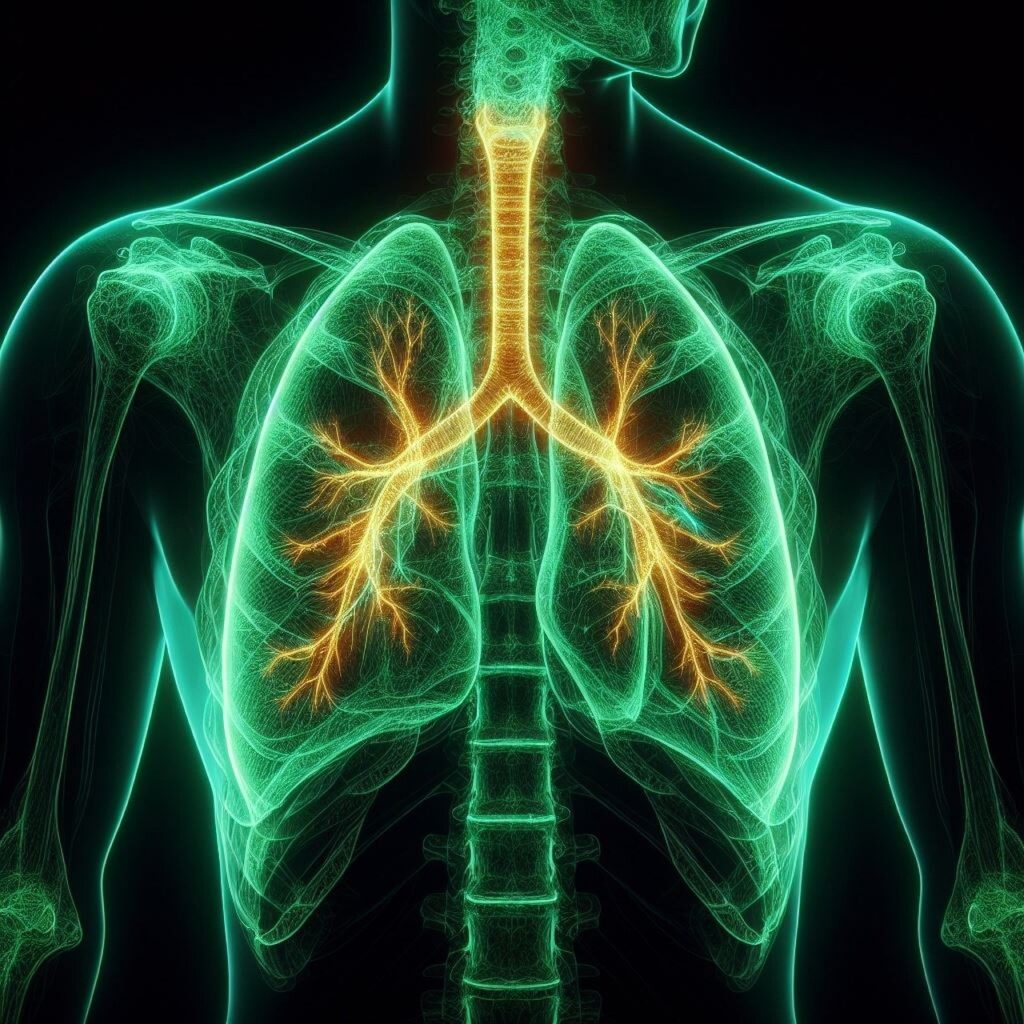Living with a chronic lung condition like COPD or emphysema can be challenging, but did you know that proper nutrition can play a crucial role in managing your symptoms and improving your quality of life? In this blog, we’ll explore essential nutritional guidelines tailored for individuals with long-term lung conditions.
Maintain a Healthy Weight
For those with lung conditions, maintaining an optimal weight is crucial. Being overweight can make breathing more difficult, while being underweight may weaken respiratory muscles. Aim for a balanced diet that helps you achieve and maintain a healthy weight.
If you need to gain weight:
- Increase your calorie intake with nutrient-dense foods
- Eat smaller, more frequent meals throughout the day
- Add healthy fats like avocados, nuts, and olive oil to your diet
If you need to lose weight:
- Focus on portion control
- Choose low-fat, high-fiber foods
- Incorporate regular physical activity as approved by your doctor
Prioritize Protein
Protein is essential for maintaining and repairing body tissues, including those in your lungs. It also helps support your immune system, which is crucial for preventing respiratory infections.
Good protein sources include:
- Lean meats (chicken, turkey, fish)
- Eggs
- Dairy products
- Legumes (beans, lentils)
- Nuts and seeds
Aim to include a protein source in each meal and snack.
Embrace Anti-Inflammatory Foods
Chronic lung conditions often involve inflammation in the airways. Incorporating anti-inflammatory foods into your diet may help reduce this inflammation and ease symptoms.
Anti-inflammatory foods include:
- Fatty fish (salmon, mackerel, sardines)
- Leafy green vegetables
- Berries
- Nuts and seeds
- Olive oil
- Turmeric and ginger
Stay Hydrated
Proper hydration is crucial for people with lung conditions. It helps keep mucus thin and easier to clear from the airways. Aim for at least 8 glasses of water a day, unless your doctor advises otherwise.
Limit Salt Intake
Excessive sodium can lead to fluid retention, which may make breathing more difficult. Try to limit your salt intake by:
- Avoiding processed and packaged foods
- Using herbs and spices instead of salt for flavoring
- Reading food labels to choose low-sodium options
Consider Vitamin D
Some studies suggest that vitamin D deficiency may be linked to worse symptoms in people with COPD. While more research is needed, ensuring adequate vitamin D intake through diet or supplements (under medical supervision) may be beneficial.
Good sources of vitamin D include:
- Fatty fish
- Egg yolks
- Fortified dairy products
- Sunlight exposure (in moderation)
Eat Antioxidant-Rich Foods
Antioxidants help protect your cells from damage caused by free radicals, which may be particularly beneficial for those with lung conditions.
Antioxidant-rich foods include:
- Colorful fruits and vegetables (berries, citrus fruits, bell peppers)
- Dark leafy greens
- Nuts and seeds
- Green tea
Manage Portion Sizes
Large meals can make breathing more difficult by pushing up on your diaphragm. Try eating smaller, more frequent meals throughout the day to avoid this discomfort.
Be Mindful of Gas-Producing Foods
Some foods can cause bloating and gas, which may make breathing uncomfortable. If you notice this, try limiting:
- Carbonated beverages
- Fried foods
- Beans and lentils
- Cruciferous vegetables like broccoli and cabbage
Consider Nutritional Supplements
In some cases, your doctor may recommend nutritional supplements to ensure you’re getting all the nutrients you need. Always consult with your healthcare provider before starting any new supplements.
Limit Caffeine
While moderate caffeine intake is generally safe, excessive amounts can interfere with some medications used to treat lung conditions. It’s best to consult with your doctor about your caffeine consumption.
Alcohol in Moderation
If you choose to drink alcohol, do so in moderation. Alcohol can interact with medications and may worsen COPD symptoms in some people.
Final Words
Remember, these are general guidelines, and individual needs may vary. It’s always best to work with your healthcare provider or a registered dietitian to create a personalized nutrition plan that takes into account your specific condition, medications, and overall health status.
By following these nutritional guidelines, you can support your lung health, manage symptoms more effectively, and improve your overall quality of life. Remember, good nutrition is an important part of your treatment plan, working alongside your medications and other therapies to help you breathe easier and live better with your lung condition.














